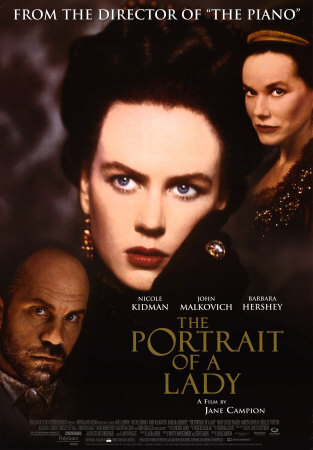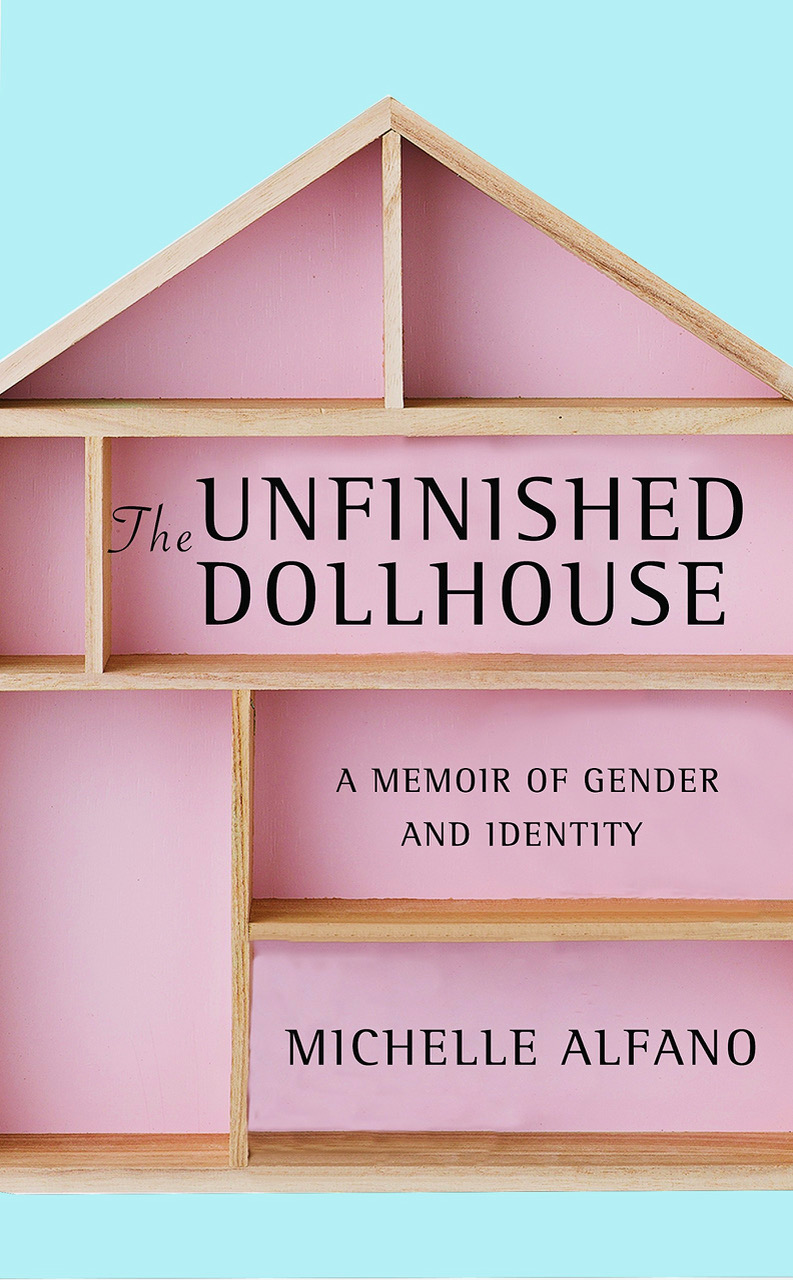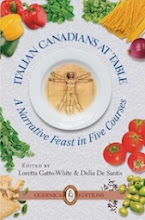Nothing incites my sweet, even-tempered husband R like a discussion about the royal wedding of William and Kate. He practically spits fire if I should turn the channel to a biopic about the couple or express any interest in their doings - so inflamed is he by his intense dislike of the British monarchy. The media coverage of the wedding has been particularly repulsive to him. Should I, with trepidation, defend the public’s interest in this event he launches into a vitriolic attack on
all things royal.
R sent me a
link which summed up his feelings and I posted it on facebook. But underneath I had to comment that I was still curious to see the dress to which he replied, "Exactly!"
I don’t disagree per se with him on this but I do understand the interest that this couple elicits. I feel no affinity for the Queen. The devotion she excites in some puzzles me. I am not a monarchist but a staunch
republican - small "r" people, small "r". I am a serious literary Anglophile but a
monarchist … no.
 |
| Husband, how can you say she is not lovely? |
I will admit that before I married I was fascinated by another royal bride – Princess Diana – but I attribute this fascination to an attraction to her youth and beauty and a little bit of a princess fixation.
As time passed, I sympathized with her marital troubles and
Camilla woes. I admired her obvious adoration of her two boys. She had wonderful style and a lovely, generous aura. I remember her death struck me quite forcibly but I’m not sure that it didn’t have more than a little to do with the fact that her death coincided exactly with the anniversary of my father’s death –
August 31st – or if it wasn’t perhaps mixed with the remnants of a post-natal depression after the birth of my daughter. Perhaps it was both. I remember at the time my husband’s disdain towards those who publicly grieved for Diana and how it triggered a teary tirade from me about his insensitivity - much to his surprise.
I really don't buy into the accusations that Diana was manipulative, that she was not the victim she was perceived to be by the public, that she used the media to malign the royal family. Likely that was so. She was alone, up against a very powerful machine, "the firm" as the royal family refers to itself. I believe that she used anything, and everything, in her arsenal to protect herself as she rightly should have.
But back to Will and Kate … what is the attraction of the wedding for (as a friend recently argued) a constituency that is primarily made up of women?
The couple are young, attractive, seemingly nice (the husband always snorts derisively at this last assertion on my part). I have always been attracted to shiny, pretty things ... I think Will and Kate pretty much qualify as such.
R is appalled by the media coverage (excessive). True. He is disgusted by the expense (truly alarming especially in light of
austerity measures in Britain). Quite right. He thinks both Kate and Will to be both unattractive and uninteresting - that, I admit, I don't understand except to say that, sadly, as Will ages, he seems to resemble more the
House of Windsor rather than the House of Spencer.
But I do admire beauty. I do appreciate youth. I still cling somewhat to the fairy tale of the princess who has been elevated from the "common" people. Perhaps I am long in the tooth for such fancies ... perhaps.
The disdain about the wedding puzzles me a little bit too. Men, in particular, seem irritated by the focus on the wedding. I do detect an undercurrent of sexism here.
I must say that traditional male preoccupations sometimes mystify
me ... Why is perfectly sensible to watch the Leafs lose every season for the last 34 years, tirelessly keep one's faith in them and follow their every move and success or failure? Or to sit in the
Toronto FC stands, get roaring drunk, and cheer on your team to the point of starting an altercation with the supporters of a rival team? Or to sit at a NASCAR rally watching a bunch of cars go roaring around the track in a circle (repeatedly)? Or to observe the rituals surrounding the Stanley Cup or the Grey Cup ... Or, the mother of all male sporting obsessions: UFC which recently sold out all 55,000 seats at the Air Canada Centre. These obsessions are not silly or a waste of time?
And here is the reason why: I think that things that purportedly have to do with women's preoccupations or interests: weddings, fashion, romance, food, children, etc ... are seen as frivolous, overly self-involved, emotional, silly. Male pursuits/obsessions are understandable, noteworthy, important, serious ... I, clearly, don't believe that to be true and I don't think we should allow men to dictate what is important or interesting to us frivolous as they may seem to others.
But let's face it: the odds for marital happiness for this young couple are not great. There are more bad marriages and divorces in the royal family than good sets of teeth.
He, William, certainly
appears different - kind, attentive, gentle, deemed boring and conventional by some. However, the priority of the royal family is the preservation of the rights and privileges of the royal family not the personal happiness of its individual members. It will do whatever it takes to preserve it.
Let's stick to the historical realities of "bad romances" in
this century alone...
The royals forbid "unsuitable" matches (Princess Margaret and her first love RAF
Group Captain Peter Townsend; Charles and the then married Camilla Parker-Bowles). They turn their backs on undesirable candidates (
King Edward VIII and
Wallis Simpson but not because of her Nazi sympathies, because she was divorced and American). They demeaningly try to ensure the bride's virginity before marriage (Princess Diana). They denigrate and shun those whom the royals have divorced (again Princess Diana,
Sarah Ferguson).
The royals safely may be perceived as the
Corleones of the British aristocracy and the art of social exclusion. They are immensely powerful, ruthless and they rarely take sides against "the family". Maintaining their power is just business (“
It's not personal, Sonny; it's just business.").
Will William be different?
Can he be different? Perhaps. I hope so. Not for the sake of the royal family but for the sake of the
Duchess of Cambridge.
















